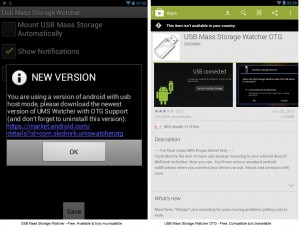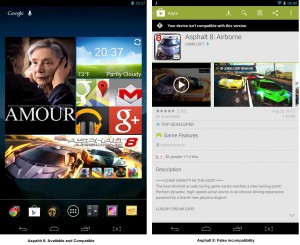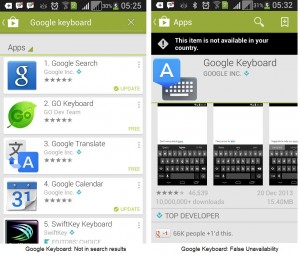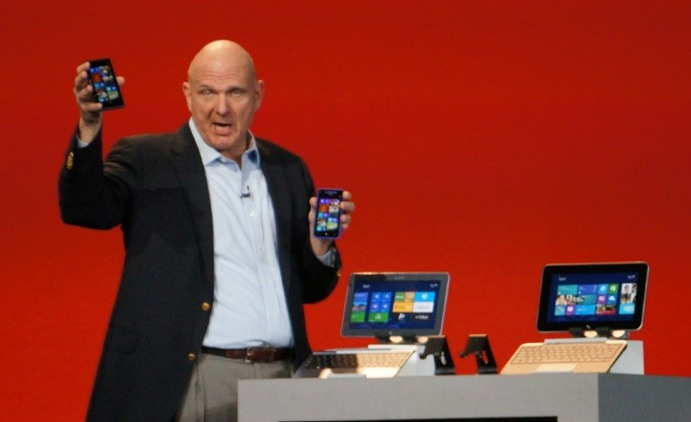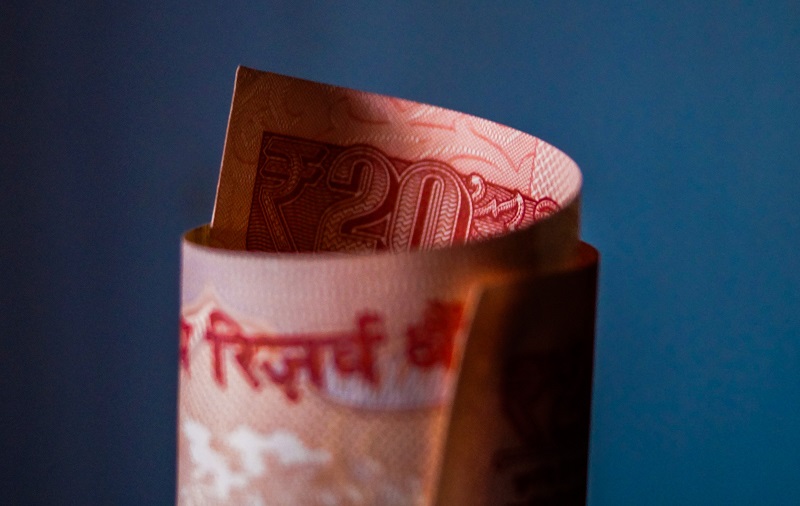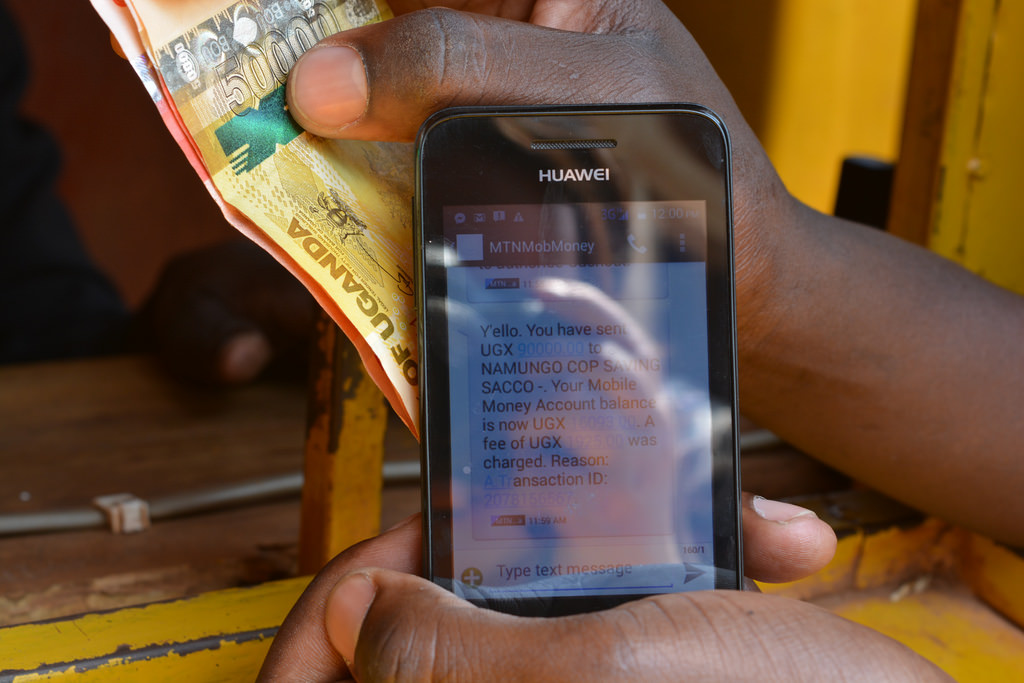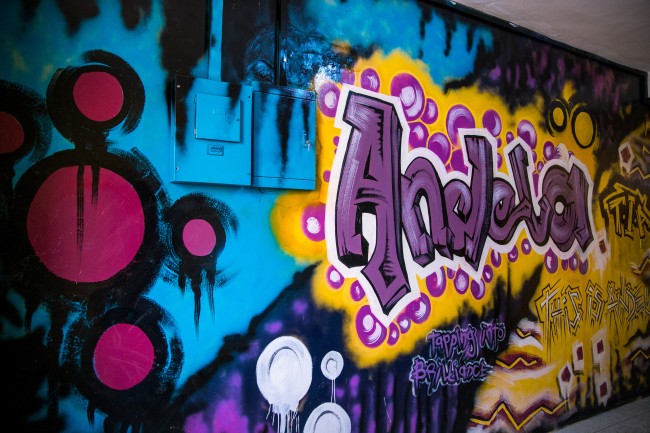The internet is a wonderful thing. It has facilitated unimaginable forms of interpersonal communication. It allows people separated by great distances to talk to and see each other in real time. It also enables people that are not in the same physical location to collaborate in real time. It has enabled lightning-quick access to information; libraries, encyclopedias, journals, magazines, films and music are available on the internet. It has created myriad economic opportunities by spawning hitherto unimaginable industries. It has fostered a global economy and has lent credence to the phrase “global village”.
So it is with great bewilderment that I ponder why many organizations and people have decided to revert to the ways of the old days when we were in every sense, separated by great distances. With the exception of countries like North Korea and Syria, the internet/world wide web is a universal playground that is open to everyone to use. Google in particular made its name in the search business as it was open to the whole world to use. So it is confounding as to why they have elected not to do the same with their Android operating system and its companion appstore.
Being a Google product, Android comes preinstalled with many Google apps and services such as the Chrome browser, Google Maps and YouTube. However, there are some of their apps whose availability depends on what country you are in. Apps like Play Books, Play Magazines and Play Movies and TV are not available in all countries. Even the Play Music app is partially restricted in some countries.
Why is this? I have no idea. After much consideration, I have come to the conclusion that these restrictions are motivated by nothing more than the whims and caprices of Google, content owners, and to a lesser extent, some developers. What I find even more bewildering is why we, the users, have passively accepted this sad state of affairs for so long. After all, we pay similar prices for the devices like everyone else.
While it is easy to attribute these restrictions to copyright, the implementation of these restrictions raise questions beyond copyright. For example, why do the content owners choose not to sell worldwide? Selling worldwide involves no additional cost per se as the goods in question are intangible and non-perishable. They (content owners) always complain about piracy but they themselves are causing it in this case.
These haphazard restrictions have two downsides; one obvious and one, not so obvious.
The not so obvious disadvantage is that Google is providing a less than complete system/feature set to some unfortunate users. This in turn does not allow for a uniform user experience across the board.
The obvious downside of these restrictions is the inadvertent encouragement of software/ digital piracy.
A less than complete system
Some of the disabled/hobbled apps could in actual fact serve as default apps (system apps). The removal of such apps leaves users with the option of searching for third party alternatives. While some of these alternatives might be better than the disabled ‘default ‘ app, the majority of them are truly horrid and badly made. In the case of a novice Android user, he would come away with the impression that Android is bad. Due to the removal or hobbling of some of these apps, users are left with no choice but to contend with the inadequacies.
A good example is the Play Books app. For some reason, it is not available in all countries/regions. And you have to wonder why because the goods/subject matter (ebooks) are digital and intangible; so dynamics such as geographical location shouldn’t apply. Also, Google owns the copyright to the Play Books and Play Movies apps and they (Play Books and Play Movies) have the potential to be a default apps, but for some unknown reason, Google chose to lock the apps completely. In restricted regions, they cannot be used to open files locally stored on the device. This contrasts with Play Music which can at least play locally stored files. So why the inconsistency?
Because of the open nature of Android, many restricted users don’t notice these, because some OEMs choose to bundle their own offerings. An example is Samsung’s ebook reader, Readers Hub.
Encouraging Piracy
The regional restrictions have a more harmful implication: the encouragement of digital piracy.
Consider the Play Books and the Play Music apps which facilitate the reading of ebooks and the playback of music files respectively. In their full-fledged, unrestricted forms, they also allow for the discovery and purchase of new content. So how does Google expect these restricted users to procure new content (music, ebooks, magazines, videos and apps)? Of course in the case of music, there are several other online services that legally sell music. And while it could be argued that some variety (competition) is healthy, it just doesn’t make any sense for Google to selectively provide the service. And it’s not always as simple as procuring the desired content from a different provider because there are instances where the availability of the desired content is exclusive to one or two online retailers.
The annoying aspect of these restrictions is that there is sometimes free content available which the restricted user wouldn’t be able to access. Surely Google has heard of Project Gutenberg and FreeBooks which allow the free download of books in the public domain.
Another irritation is that the owners of these restricted services constantly enjoin users to participate in online discussions and forums about sundry issues which sometimes are about these products and services. How are we supposed to participate in and contribute to the discussions and debates if we are not allowed to use them?
Another scenario is where you had previously purchased a number of films, books and magazines only for you to be denied access to them whenever you find yourself in a restricted country or region. Mind you, this is content you have already paid for. And since most of this content is DRM protected, you just wouldn’t be able to access it unless of course, you turn to less than legal means. This kind of lockout would even serve as a deterrent to patronizing these legal services in the first place. This certainly wouldn’t happen with hard copy/physical media.
Google is of course not the only offender here. There are many other organisations that are also guilty of such mystifying and pointless restrictions. Apple and Amazon practice the same nonsense in their own ways.
A few years ago, I set about installing WhatsApp on a colleague’s iPhone. What ensued, (to put it mildly) was stupefying. I signed in with my iTunes account and selected WhatsApp for purchase. After entering my debit card details, I was redirected to the Nigerian iTunes store where to my surprise, WhatsApp was not available. I knew it wasn’t a regional issue because prior to that time, I had successfully downloaded and paid for WhatsApp several times on different phones and different platforms. Of course, my colleague had to resort to ‘other’ means of getting the app.
That particular restriction made no sense for two reasons. First, why did Apple feel a need to redirect me to the Nigerian iTunes store? The card bore the MasterCard logo which meant it could be used anywhere in the world. Secondly, the iOS version of WhatsApp did not come with the complimentary first year’s free subscription back then. Ergo, the user had to pay the subscription to begin using the service anyway.
In Amazon’s case, I once tried to download Kindle for PC but was greeted by an error message stating that the app was not available for my country. This is still the situation today. I find it hard to appreciate the irony here because the same Amazon happily accepts our local debits cards on their general store. So why don’t they want me to purchase anything on their appstore?
Some developers have also joined in the practice. Recently, I needed to evaluate some USB OTG (on-the-go) apps. One such app, USB Mass Storage Watcher was downloaded and on launching it, it exited and informed me that my version of Android had USB Host support and as such, there was a different version of the app available. This message /dialog box also included a Google Play Store link to this applicable version and on getting to Google Play, I was greeted with a message stating that the app was not available for my country. You have to wonder why the developer has chosen to stifle the growth and user base of his app.
The Way Forward
All retailers and service providers need to realize the lost potential caused by these restrictions. There are many well-meaning netizens who would actually like to pay for these services and apps. Barring them is akin to the stance of the aforementioned oppressive regimes. It just isn’t sensible to adopt the restrictive approach in this internet age where physical distances keep mattering less and less. Google in particular needs to reevaluate its rationale as regards its provisioning of apps and services. Restricting the availability of apps like Play Magazines is a bit senseless and is evidence of Google’s inadvertent self-harm. Some of the magazines available via Play Magazines are also available via the likes of Nook. So why is Google happy to see a potential customer’s business go to the coffers of a competitor?
Just as some users are restricted from getting some apps (free and commercial), some developers/publishers from certain countries and regions are also restricted from selling their apps. They are only allowed to distribute free apps. The reason for this position eludes me; if at all, there is any. It surely is not due to some cumbersome regulation of these countries because Google happily accepts our local debit cards for the apps we are allowed to purchase. And if we are to entertain the slim possibility that it is indeed some local regulation that prevents them from allowing certain apps from being ‘bought’ and sold, I would like to remind them of operator-based billing. Nokia has been using this method for years. Samsung also uses it for its own appstore.
On the face of it, they are happy to take our money but they do not want us to make any. It’s not like we are not important. After all, they do indeed count the activations from these restricted parts of the world when they are touting the burgeoning user base of Android.
Usually, the Play store provides reasons on why a user is not allowed to download an app. These reasons range from incompatible devices to the anger-inducing “this app is not allowed in your country”. However, there are instances where the compatibility reason does not represent the true state of things. The position seems to be different these days. A few months ago, Google decided to dispense with these detailed reasons and replace them all with one generic message: ”this app is incompatible with your device.” As you can see from the illustrations below, this new message is more often not than not, nothing but a lie. But you should forgive my manners; let’s euphemisize and call it a misrepresentation or misleading statement. An incompatibility normally means the lack of one or more vital components. But Google has extended this meaning. This is because the screenshot below is from a Tegra 3 based tablet on which Tegrazone is installed. The Tegrazone app and widget list Asphalt 8: Airborne as an available game. In the Play Store however, it is listed as being ‘incompatible with my device’ with no further explanation or details.
A more recent example is the universal/ubiquitous Google Keyboard. For some reason, this system app never shows up as being eligible for an update but you can in fact find the update link (and install it) if you view the list of all apps associated with your Google Account in the Play Store. However, this proved not to be the case with a Samsung Galaxy Grand Duos. As you can see in the screenshot below, the app doesn’t come up in search results and when I send the link to the device, I get a message stating that the app is not available for my country. I truly don’t know what this means because I have updated the app on several Android Devices in this same region. and then, why does Google feel a need to selectively provision a core system module? And of course, they own the
copyright to this app/module.
Every now and then, there is news that some Google Play Services (Music,
Movies and TV, etc) are now available in some regions/countries. What I don’t understand is why these ‘developments’ always seem to be welcomed with aplomb. I don’t see what the big deal is considering it’s something they should have done from the beginning. And if the local content producers do not wish to jump onboard, there is still a lot of international content that we would love to enjoy (and pay for). It’s astonishing how the content owners forfeit massive economic potential by adopting old thinking.
Another issue is that there is no official information from Google explaining its restrictions on the buying and selling of apps on its Play Store. I stand to be corrected if anyone is aware of any such document or publication. And while there is some sense in restricting free content that is ad-supported, there is no sense in restricting content that has to be paid for in the first place. There is where I believe Google has failed; they have the clout to convince the content owners to make their products available for sale worldwide.
If Google and the content owners wish to maintain their stance of arbitrarily restricting the availability of apps, then perhaps they should dispense with all compatibility and availability messages and adopt the following: By reason of Google’s and/or the publisher’s insanity, you are not allowed to download or use this app.









